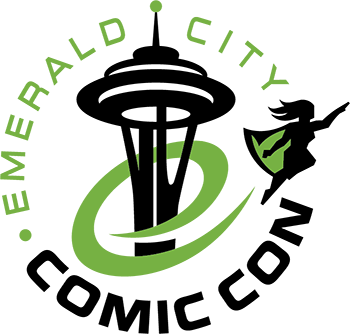
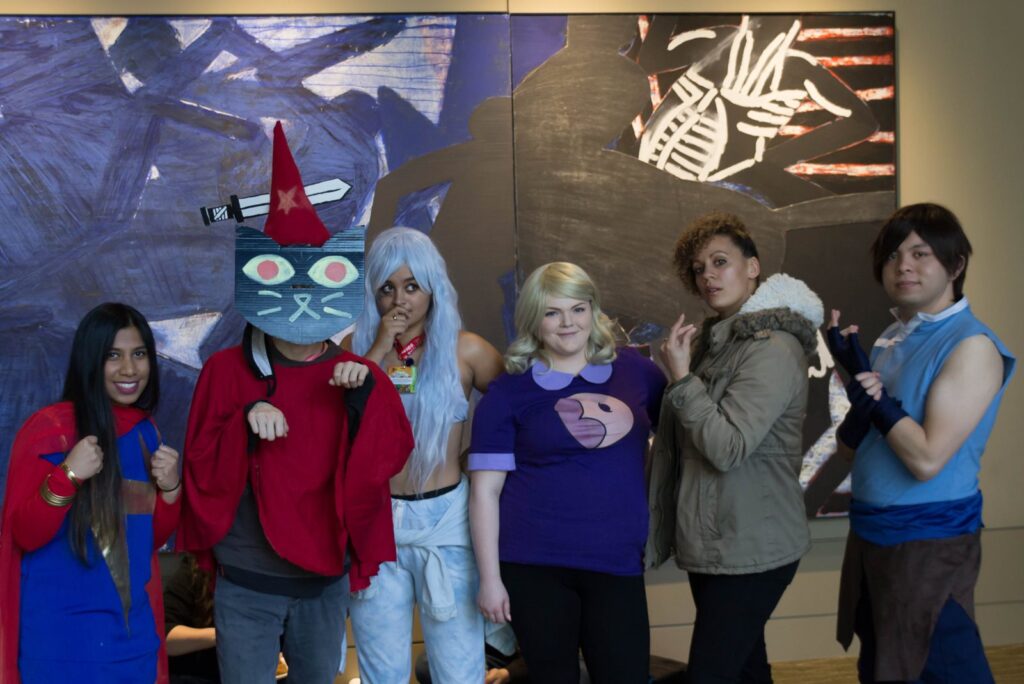
Alex Yeung photo
By Zachary Nelson
Nearly 100,000 gamers and comics lovers of all kinds flocked to Emerald City Comic Con March 1-4, including a group of students from the University of Washington Bothell’s Digital Future Lab (DFL) who hosted six panels on diversifying the industry. The DFL also set up a gaming area where attendees could play the lab’s video games, including Ghostlight Manor.
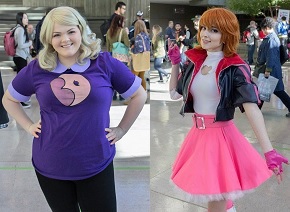
Alex Yeung photos
Comic Con is an immersive experience, with board games, video games, people dressed up in cosplay and hundreds of booths showcasing everything from printed comics to virtual reality.
“These students really did amazing this year at Comic Con,” said Aina Braxton the DFL’s lead producer and audio director. “They worked hard to put together incredibly engrossing panels that inspired hundreds of people to think more about diversity when it comes to building a more equitable world. In a time when social action is so needed, it’s wonderful to see that our students truly are leading the way to start much needed conversations.”
One panel, Plot Twist: Finding Yourself in Fiction, focused on diverse representation in the entertainment industry. Guests were able to converse in an informal setting with panelists who were all dressed in cosplay as characters who have particular significance to them.
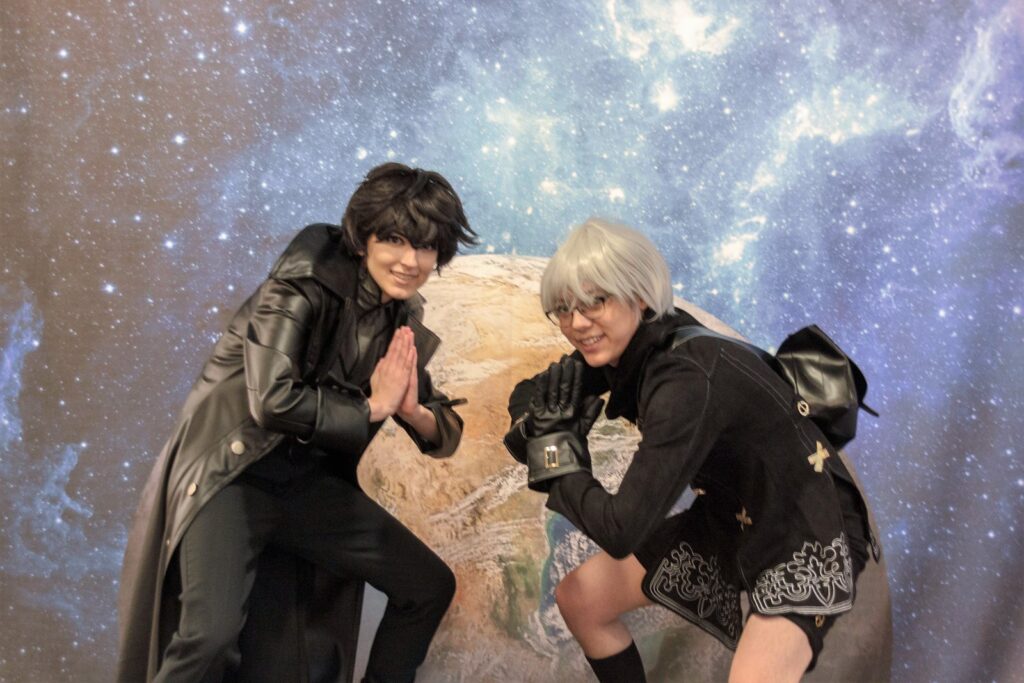
Lamiya Kazi dressed up as Kamala Khan (Ms. Marvel) for the Plot Twist panel. “We are both intersectional women of color. When I see a powerful Muslim woman superhero kicking ass, it empowers me in my everyday life,” said Kazi, a physics major. “To see characters who I can identify with in movies, at least partially, makes the story so much more relatable and meaningful to me.”
Robin Cruz, an interactive media design major and lead audio engineer at DFL, spoke at the panel, Cosplay and Identity: Exploring Gender and Sexuality Through Cosplay.
“I really felt passionate about putting this panel on for personal reasons. When I began college, I was a closeted transgender woman. Cosplaying helped me come out of the shadows. It allowed me to express how I felt on the inside, without being judged,” she said. “The team at the Digital Future Lab was extremely supportive of me and really accepted me when I came out publicly. They helped give me the confidence and experience to do more public speaking, empowering others to be proud of their identities.”
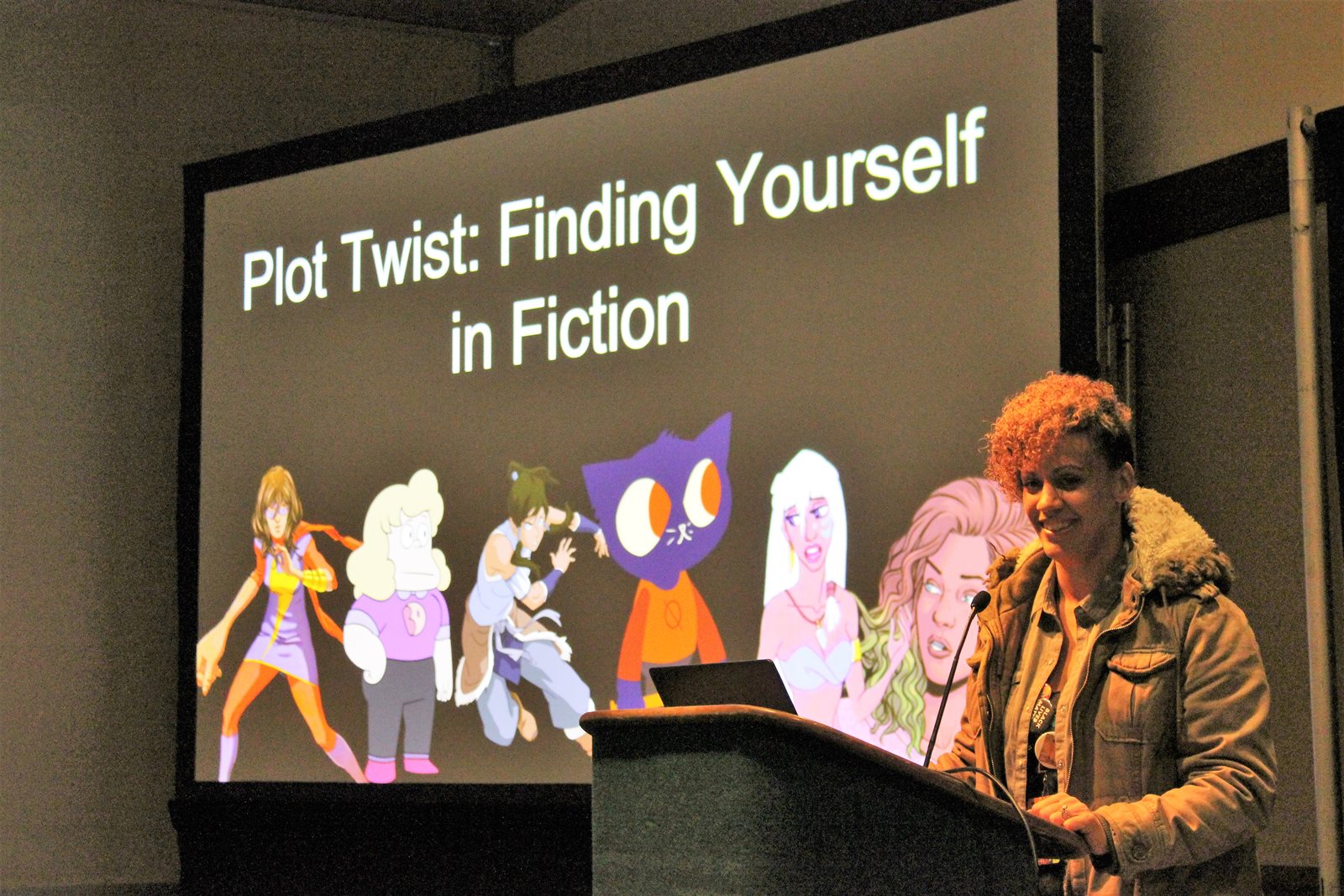
Aina Braxton / Zachary Nelson photo
The Digital Future Lab tries to model the kind of behavior it hopes others emulate. “This means the lab is bringing up social issues in public spaces and trying to share our vision of equity with the gaming community,” said Braxton, who is a founding member of the DFL and graduated from UW Bothell in 2012 with a degree in law, economics, and public policy.
Miriam Creelman, a 2017 business graduate, is now the marketing lead in the Digital Future Lab. “I enjoyed my team as a student at UW Bothell and loved the community feel. I didn’t want to leave and start somewhere else — and I didn’t have to.”
Creelman also spoke at the Milk Toast Rebels panel, which focused on expanding representation in television. “White women are often the frontrunners in many kinds of movies and television shows. We wanted to explore this dynamic and highlight how it can be problematic,” Creelman said. “While it’s good that we are seeing more women as leads, it can be frustrating that it seems to be exclusively white women that are featured. We need to dig a bit deeper when it comes to exploring diversity.”
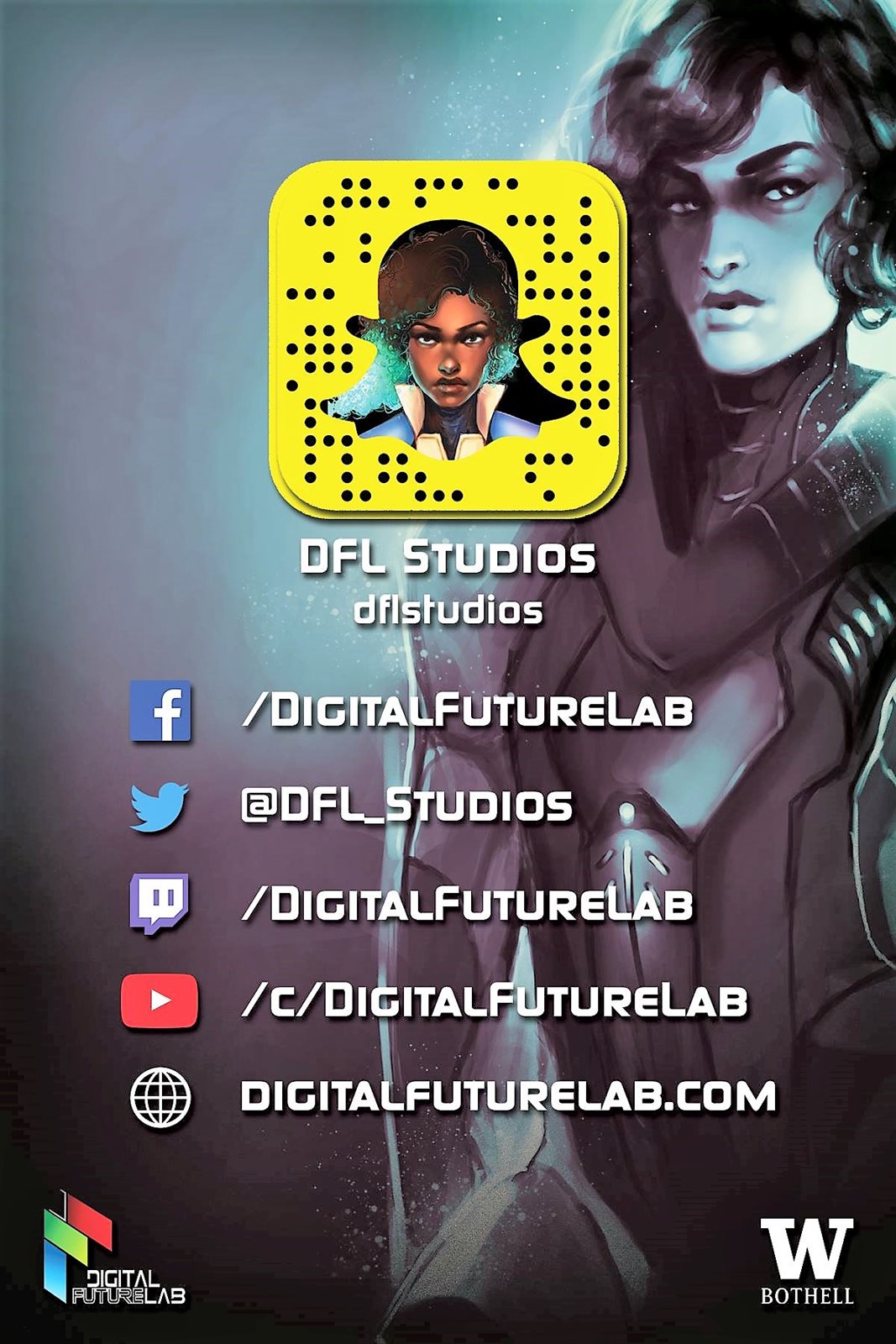
The Digital Future Lab team is pleased with the amount of attention the lab received at Comic Con, and they are already looking for the next opportunity to bring their message and their games to more people.
“We have come a long way as a studio, but it is always growing and looking at new ways to incorporate student ideas into our content,” Creelman said. “This studio is set up to give students the freedom to explore new and diverse ideas. We will never be done creating.”
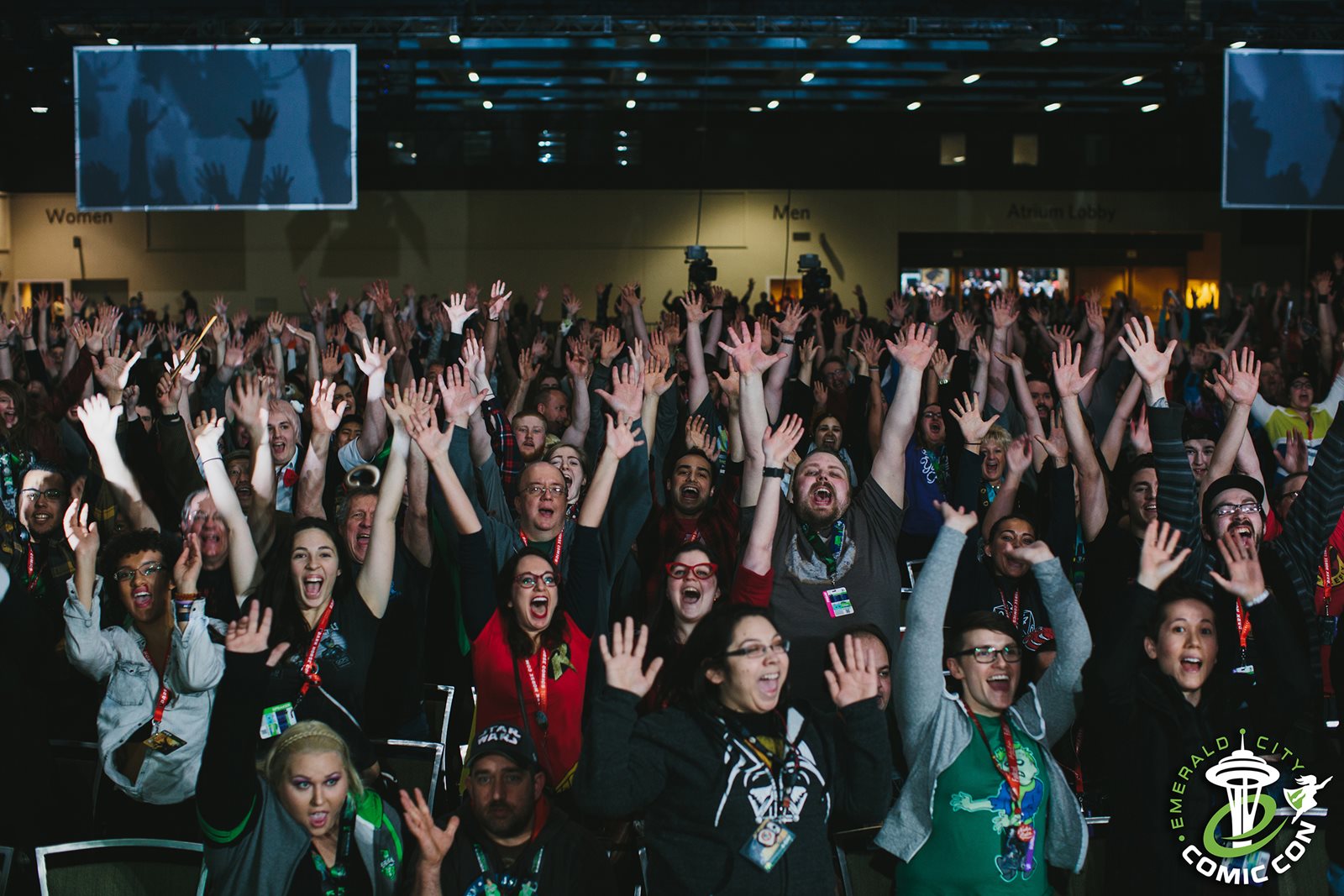
Crowd at Emerald City Comic Con / courtesy photo



